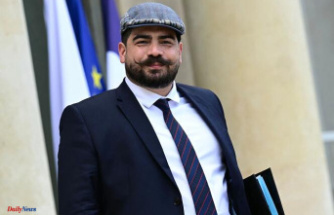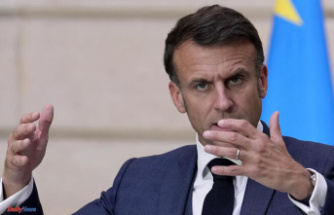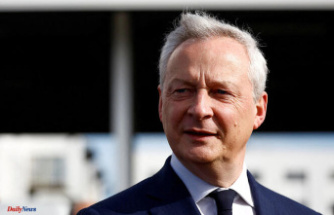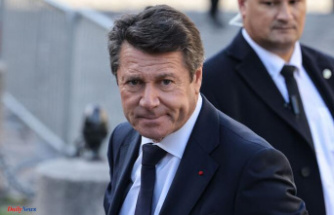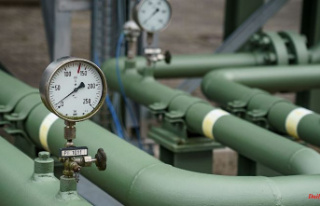"You always act when you are": Former Chancellor Merkel believes that buying cheap natural gas from Russia "was the right thing to do at the time." After all, Moscow itself was a reliable energy supplier during the Cold War.
Former Chancellor Angela Merkel has defended the decision of earlier years to have relied heavily on cheap natural gas from Russia for a transitional period during the energy transition. "For the transformation period, it was clear that we would need natural gas so that one day we would of course be able to achieve completely CO2-free forms of energy," she said at an event organized by the Calouste Gulbenkian Foundation in the Portuguese capital of Lisbon.
"From the perspective of that time, it was very rational and understandable to also get pipeline gas from Russia, which was cheaper than the LNG (liquefied petroleum gas) from other parts of the world - USA, Saudi Arabia, Qatar," Merkel added. Due to enormous price increases and delivery failures as a result of the Russian war of aggression in Ukraine, Germany is now threatened with a recession in the coming year. "One always acts in the time in which one is," Merkel asked for understanding.
It was clear to German politicians that the entire energy supply had to be converted. "We got out of nuclear energy (...). We wanted to get out of coal step by step - and we still want to do that," she recalled. She also said: "Even during the Cold War, Russia was a reliable energy supplier. I never believed that there was such a thing as change through trade, but there was definitely a connection through trade. And in that respect I don't regret decisions at all, but believe that it comes from the perspective at the time was correct," Merkel insisted.
In addition, the urgency of tackling climate change became increasingly evident towards the end of her tenure. "Nevertheless, this brutal attack by Russia has now brought about change. It's a turning point. And of course the new government has to deal with it, and that's what it's doing," said the former chancellor, who was head of government for 16 years until last December.
Merkel was in Lisbon because she is the president of the jury that selects the winner of the Gulbenkian Foundation's Humanity Prize. The prize, which is worth one million euros, was launched in 2020 by the Lisbon-based foundation to honor people, groups of people or organizations that have distinguished themselves in the fight against the climate crisis through original, innovative and effective achievements.
In 2021 the Swedish activist Greta Thunberg was awarded and in 2022 the Covenant of Mayors for Climate and Energy, an alliance of more than 10,000 cities and local governments from 140 countries, including Portugal. Calouste Gulbenkian was a wealthy Armenian entrepreneur. He died in 1955 and had decreed the founding of the foundation in his will


